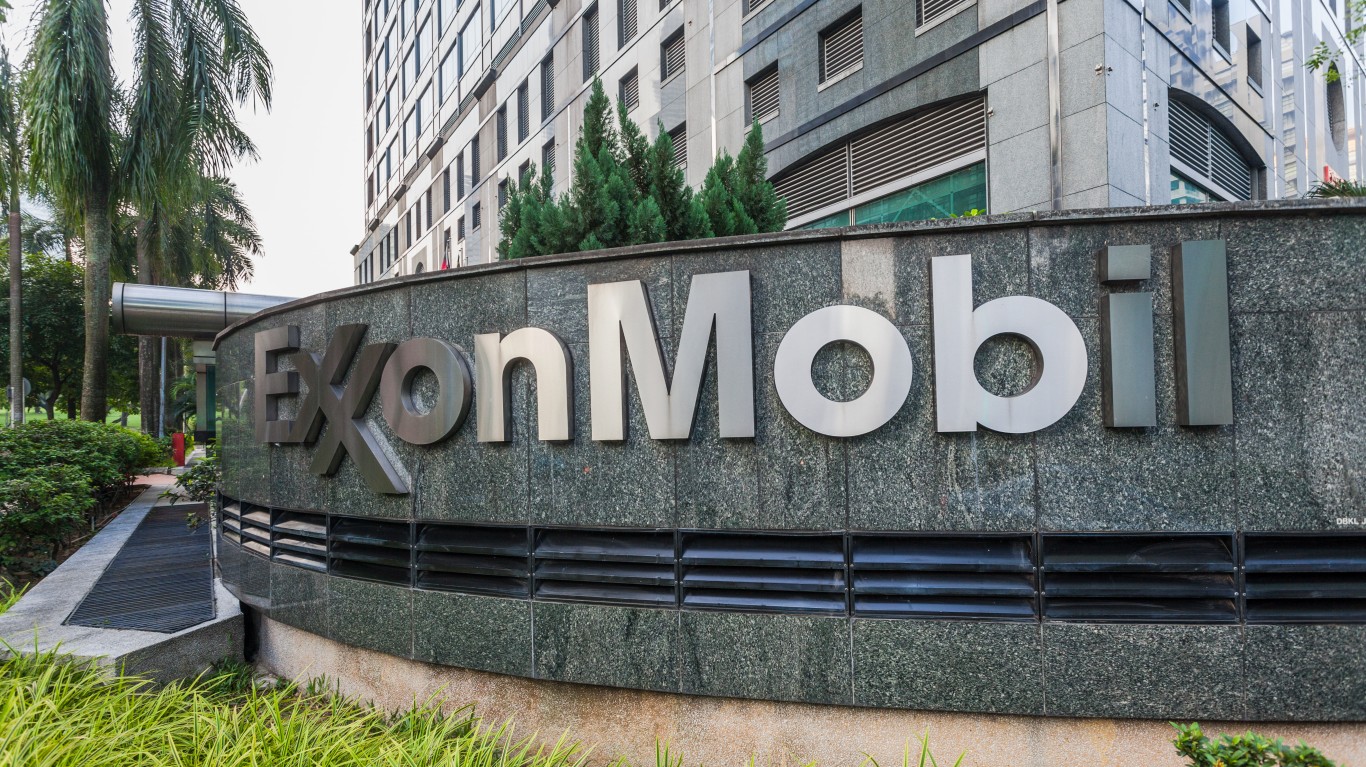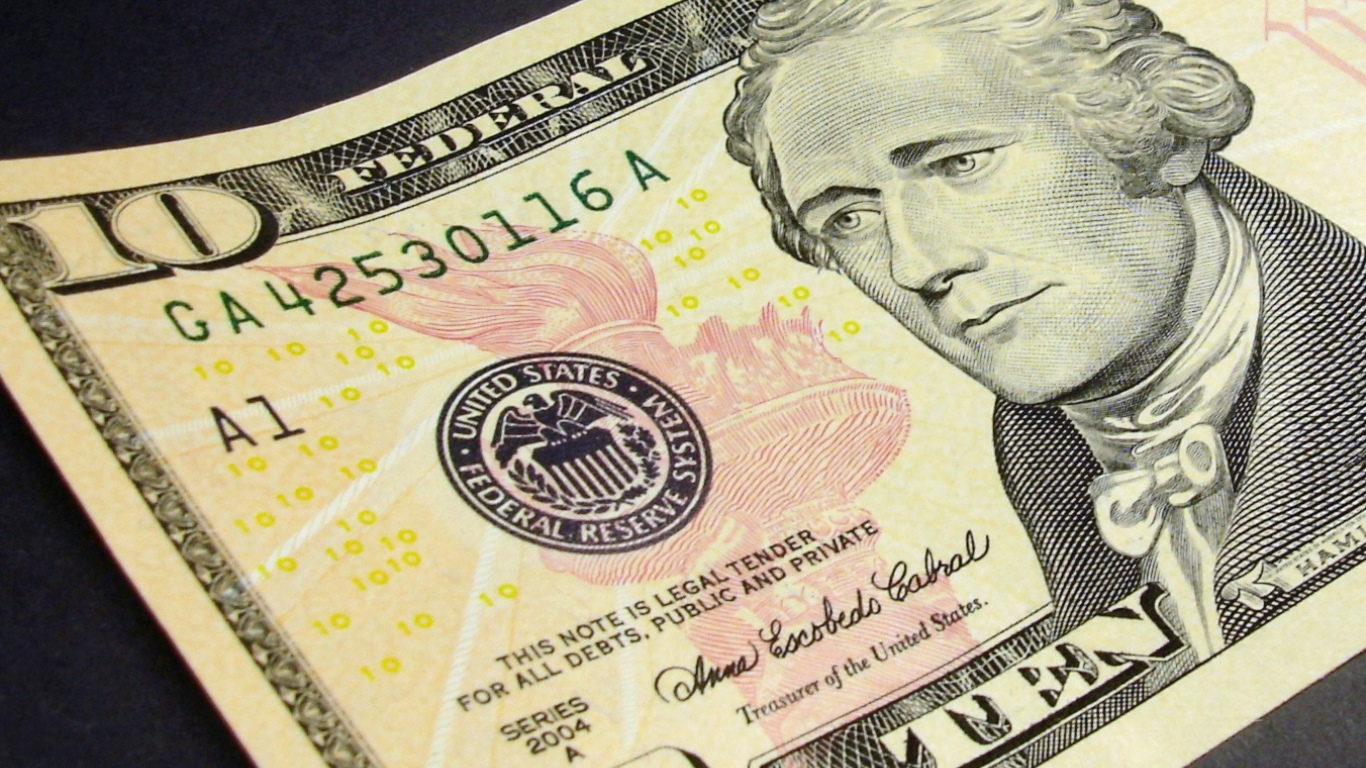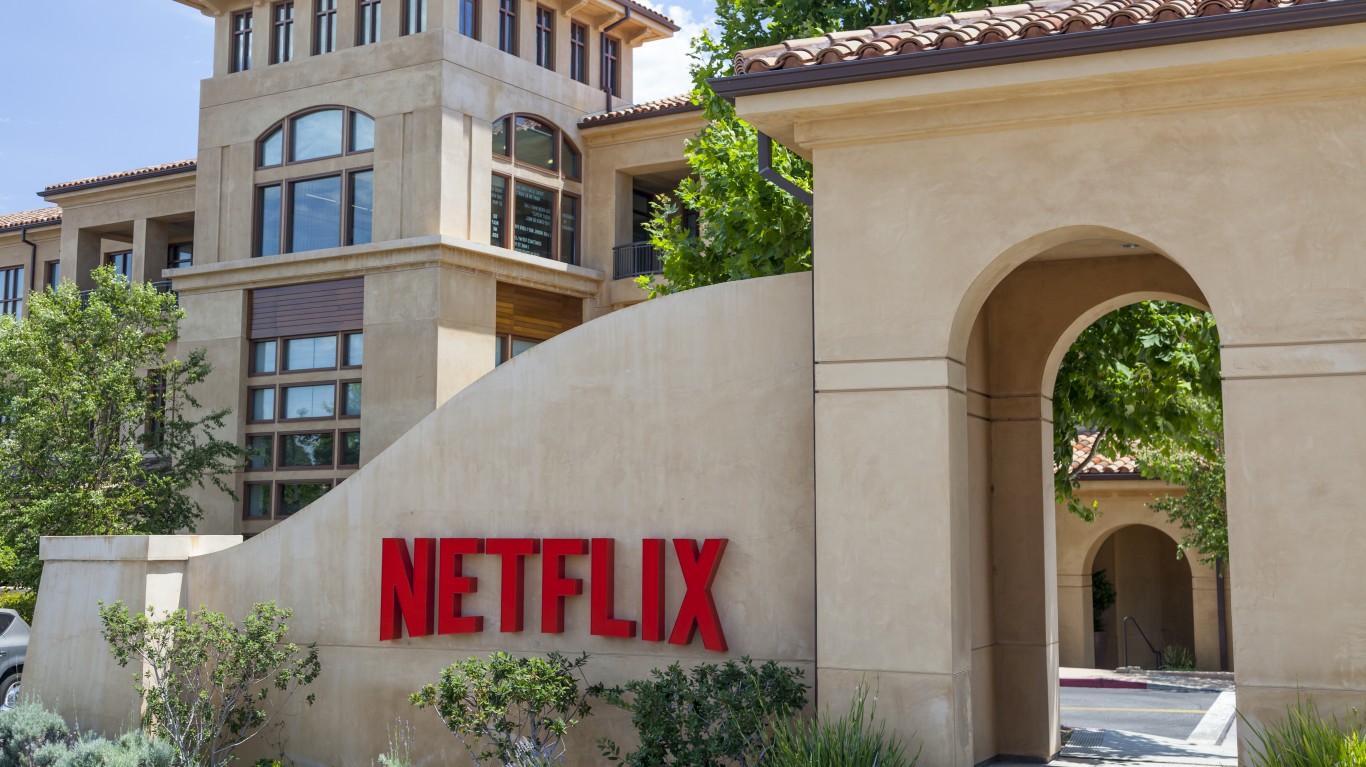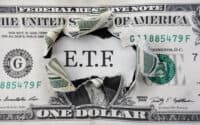
It takes a certain kind of courage to short sell blue chips, such as the Dow Jones industrial average components. Short sellers are betting on these companies to fail, or at least for their share prices to fall handily. Plus, those sellers are responsible for paying the dividends on the stocks they short.
It may or may not be a surprise that only two of the 30 Dow stocks had sizable short interest between March 13 and March 31; that is, more than 50 million shares short. About a third of the index’s components had short interest of more than 25 million shares.
The COVID-19 pandemic not only became a cloud over the lives of most Americans but also over the global economy. The sudden bear market and the increased volatility began to look more and more recessionary last month. Investors still trying to figure out what to do next may wonder then what the short sellers expected from some of the biggest, most well-respected names on Wall Street. Did they see a bottom to plunging share prices or think that stocks had further to fall?
As of the end of March settlement date, the most recently reported period, short sellers favored Exxon Mobil Corp. (NYSE: XOM), Microsoft Corp. (NASDAQ: MSFT) and Pfizer Inc. (NYSE: PFE) above all other Dow stocks.
Exxon
> Shares short: around 65.87 million
> Change from prior period: −2.6%
> Percentage of float: 1.6
Short sellers took a bit of a pause after piling on in the previous period, but the oil supermajor remained the most shorted Dow stock late last month. It had lingered around the number five spot on the list before floating up to the surface. The average daily volume remains high, and the latest days to cover figure was nearly two.
The energy sector was hammered to an 18-year low during the period by both plunging demand and an oil price war between Russian and Saudi Arabia. Despite tumbling about 20% during the period, Exxon’s share price ended those two weeks trading about where they began. Since the settlement date, shares have continued to recover.
After retreating about 10% in the past week, Exxon Mobil stock closed trading most recently at $43.13 a share. That was in a 52-week range of $83.49 (almost a year ago) to $30.11 (last month). The most recent share price is about 38% lower year to date, compared to a less than 15% decline in the S&P 500.
Microsoft
> Shares short: more than 58.76 million
> Change from prior period: 6.5%
> Percentage of float: 0.8
This bump in short interest lifted Microsoft to the number two spot on the list in the latter half of March, and that reading was the greatest number of shares short since mid-January. Note that the 52-week low of around 37 million shares short back occurred back in February. It would take these investors less than a day to cover their short bets, as of the end of last month.
Microsoft was among the few Dow stocks that held up the best during the coronavirus panic sell-off. Short sellers watched the shares fall more than 16% between the settlement dates but recover most of that ground and end those two weeks down less than 1%. The Nasdaq saw a pullback of about 5% during the short interest period, which was better than the performance of the Dow and the S&P 500.
Microsoft stock was last seen trading at $165.14 a share, down from the multiyear high of $190.70 reached in February but well above the 52-week low of $119.01 from last June. The latest share price is almost 5% higher than at the beginning of the year, while the Nasdaq is down around 9% year to date.
Pfizer
> Shares short: around 46.45 million
> Change from prior period: −21.4%
> Percentage of float: 0.8
As with many of the Dow stocks, short sellers yielded on Pfizer, allowing it to slip further from the top of the list. This retreat more than recaptured the 10% short interest pop in the prior period. At the average daily trading volume on the latest settlement date, it would take investors more than a day to cover their short interest.
Like many others in and out of the sector, the maker of Lipitor, Viagra and Xanax has turned its attention to combatting COVID-19. Pfizer shares dropped more than 14% but nearly entirely recovered in the latter two weeks of last month, and they continued to climb after the settlement date. The Dow was down more than 7% during the short interest period.
Pfizer stock closed most recently at $35.39 per share, which is up more than 5% in the past week. The 52-week low of $27.88 was seen during the short interest period, and the 52-week high of $44.56 was reached last summer. The shares now trade more than 9% lower than they did at the beginning of the year.
And the Rest
Rounding out the top five most shorted Dow stocks on the most recent settlement date were tech giants Intel Corp. (NASDAQ: INTC) and Apple Inc. (NASDAQ: AAPL). While the former saw falling short interest, the iPhone maker had a marginal bump in the number of its shares short. Intel stock ended the period about 6% higher, and it was seen as a safe haven pick. Apple’s share price retreated about 6%, even though expectations for the 5G iPhone remain high.
Note on the following list of short interest changes in Dow stocks as of March 31, that among those bucking the trend were Boeing Co. (NYSE: BA) (which suspended its dividend), Caterpillar Inc. (NYSE: CAT) (withdrew guidance) and Dow Inc. (NYSE: DOW) (expanded hand sanitizer production). Also note that United Technologies has since become Raytheon Technologies Corp. (NYSE: RTX).
| Dow Stock | Short (millions) | Change | % Float |
|---|---|---|---|
| Exxon | 65.87 | −2.58% | 1.56% |
| Microsoft | 58.76 | 6.54% | 0.78% |
| Pfizer | 46.45 | −21.38% | 0.84% |
| Intel | 42.35 | −15.00% | 0.99% |
| Apple | 39.06 | 1.64% | 0.89% |
| Cisco | 34.79 | −29.77% | 0.82% |
| Verizon | 34.35 | −13.15% | 0.83% |
| Visa | 30.65 | 2.04% | 1.80% |
| Coca-Cola | 28.54 | −17.34% | 0.67% |
| JPMorgan | 26.43 | −13.09% | 0.88% |
| Disney | 25.26 | −12.50% | 1.40% |
| Procter & Gamble | 20.15 | −14.72% | 0.82% |
| Merck | 18.26 | 0.56% | 0.72% |
| IBM | 16.89 | −11.72% | 1.90% |
| Johnson & Johnson | 16.79 | −17.45% | 0.64% |
| Chevron | 16.63 | −23.15% | 0.89% |
| Walmart | 14.06 | −14.95% | 1.01% |
| Dow | 12.82 | 18.81% | 1.73% |
| Boeing | 11.98 | 25.74% | 2.13% |
| Nike | 11.96 | −0.31% | 0.99% |
| Walgreens | 11.95 | −37.87% | 1.64% |
| American Express | 11.04 | −6.79% | 1.37% |
| Home Depot | 9.68 | −1.87% | 0.90% |
| Caterpillar | 9.06 | 14.96% | 1.65% |
| United Technologies | 9.02 | −11.63% | 1.04% |
| 3M | 8.13 | −0.26% | 1.42% |
| McDonald’s | 7.62 | −16.48% | 1.02% |
| UnitedHealth | 7.03 | −16.39% | 0.75% |
| Goldman Sachs | 5.43 | −19.74% | 1.64% |
| Travelers | 4.83 | 19.30% | 1.91% |
The #1 Thing to Do Before You Claim Social Security (Sponsor)
Choosing the right (or wrong) time to claim Social Security can dramatically change your retirement. So, before making one of the biggest decisions of your financial life, it’s a smart idea to get an extra set of eyes on your complete financial situation.
A financial advisor can help you decide the right Social Security option for you and your family. Finding a qualified financial advisor doesn’t have to be hard. SmartAsset’s free tool matches you with up to three financial advisors who serve your area, and you can interview your advisor matches at no cost to decide which one is right for you.
Click here to match with up to 3 financial pros who would be excited to help you optimize your Social Security outcomes.
Have questions about retirement or personal finance? Email us at [email protected]!
By emailing your questions to 24/7 Wall St., you agree to have them published anonymously on a673b.bigscoots-temp.com.
By submitting your story, you understand and agree that we may use your story, or versions of it, in all media and platforms, including via third parties.
Thank you for reading! Have some feedback for us?
Contact the 24/7 Wall St. editorial team.
 24/7 Wall St.
24/7 Wall St. 24/7 Wall St.
24/7 Wall St.


